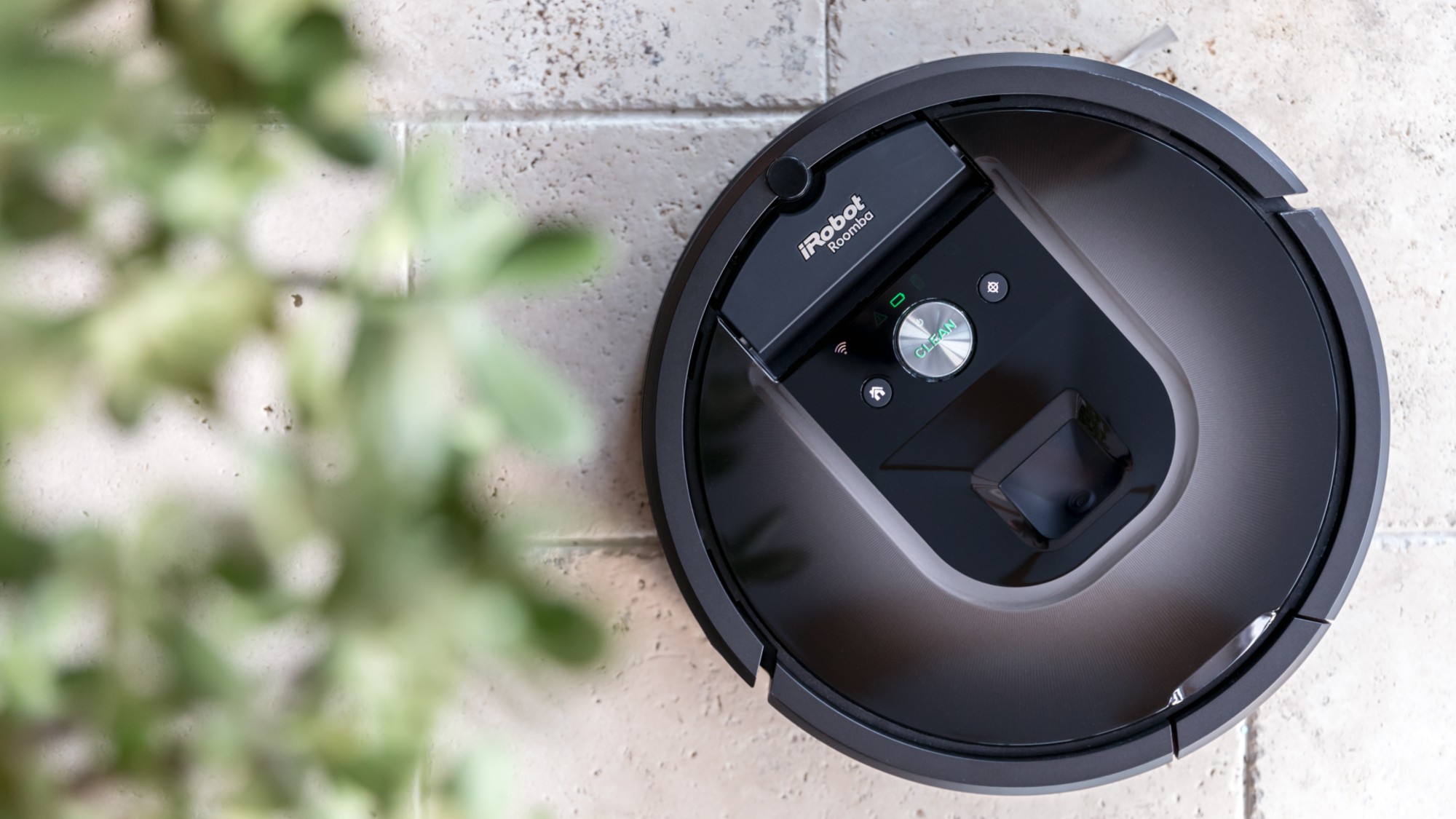What took down Facebook, Instagram, and WhatsApp

A free daily email with the biggest news stories of the day – and the best features from TheWeek.com
You are now subscribed
Your newsletter sign-up was successful
Facebook inadvertently broke Facebook, Instagram, and WhatsApp for more than five hours on Monday, the company said Monday night.
"Our engineering teams have learned that configuration changes on the backbone routers that coordinate network traffic between our data centers caused issues that interrupted this communication," Facebook's Santosh Janardhan posted. "This disruption to network traffic had a cascading effect on the way our data centers communicate, bringing our services to a halt." He said they "have no evidence that user data was compromised as a result of this downtime."
Doug Madory at network monitoring company Kentik said someone at Facebook — probably accidentally, but possibly maliciously — sent an update to the company's Border Gateway Protocol (BGP) records, the mechanism internet service providers use to route traffic to domain names.
The Week
Escape your echo chamber. Get the facts behind the news, plus analysis from multiple perspectives.

Sign up for The Week's Free Newsletters
From our morning news briefing to a weekly Good News Newsletter, get the best of The Week delivered directly to your inbox.
From our morning news briefing to a weekly Good News Newsletter, get the best of The Week delivered directly to your inbox.
"In simpler terms," internet security journalist Brian Krebs explained, "sometime this morning Facebook took away the map telling the world's computers how to find its various online properties. As a result, when one types Facebook.com into a web browser, the browser has no idea where to find Facebook.com." After the routine BGP update went wrong, the same blackout prevented employees from undoing the change remotely or at Facebook's physical facilities, because everything from Facebook's internal communications to its electronic door locks are tied to the same stranded domains, Krebs added.
"Facebook eventually restored service after a team got access to its server computers at a data center in Santa Clara, California," and were able to reset them, The New York Times reports, citing three people with knowledge of the matter. In an internal memo, Facebook's global security operations center deemed the outage "a HIGH risk to the People, MODERATE risk to Assets, and a HIGH risk to the Reputation of Facebook."
Facebook was already facing a whistleblower, Frances Haugen, who is sharing company secrets on TV, with news organizations, and with Congress. And "the outage came the same day Facebook asked a federal judge that a revised antitrust complaint against it by the Federal Trade Commission be dismissed because it faces vigorous competition from other services," The Associated Press reports. In fact, the company inadvertently proved Monday that "despite the presence of Twitter, Telegram, Signal, TikTok, Snapchat, and a bevy of other platforms, nothing can easily replace the social network that over the past 17 years has effectively evolved into critical infrastructure," especially in the developing world.
A free daily email with the biggest news stories of the day – and the best features from TheWeek.com
Peter has worked as a news and culture writer and editor at The Week since the site's launch in 2008. He covers politics, world affairs, religion and cultural currents. His journalism career began as a copy editor at a financial newswire and has included editorial positions at The New York Times Magazine, Facts on File, and Oregon State University.
-
 Is Andrew’s arrest the end for the monarchy?
Is Andrew’s arrest the end for the monarchy?Today's Big Question The King has distanced the Royal Family from his disgraced brother but a ‘fit of revolutionary disgust’ could still wipe them out
-
 Quiz of The Week: 14 – 20 February
Quiz of The Week: 14 – 20 FebruaryQuiz Have you been paying attention to The Week’s news?
-
 The Week Unwrapped: Do the Freemasons have too much sway in the police force?
The Week Unwrapped: Do the Freemasons have too much sway in the police force?Podcast Plus, what does the growing popularity of prediction markets mean for the future? And why are UK film and TV workers struggling?
-
 Moltbook: the AI social media platform with no humans allowed
Moltbook: the AI social media platform with no humans allowedThe Explainer From ‘gripes’ about human programmers to creating new religions, the new AI-only network could bring us closer to the point of ‘singularity’
-
 Is social media over?
Is social media over?Today’s Big Question We may look back on 2025 as the moment social media jumped the shark
-
 What is Roomba’s legacy after iRobot bankruptcy?
What is Roomba’s legacy after iRobot bankruptcy?In the Spotlight Tariffs and cheaper rivals have displaced the innovative robot company
-
 Australia’s teen social media ban takes effect
Australia’s teen social media ban takes effectSpeed Read Kids under age 16 are now barred from platforms including YouTube, TikTok, Instagram, Facebook, Snapchat and Reddit
-
 Trump allies reportedly poised to buy TikTok
Trump allies reportedly poised to buy TikTokSpeed Read Under the deal, U.S. companies would own about 80% of the company
-
 Google avoids the worst in antitrust ruling
Google avoids the worst in antitrust rulingSpeed Read A federal judge rejected the government's request to break up Google
-
 Supreme Court allows social media age check law
Supreme Court allows social media age check lawSpeed Read The court refused to intervene in a decision that affirmed a Mississippi law requiring social media users to verify their ages
-
 How will Ford reinvent EV manufacturing to compete with China?
How will Ford reinvent EV manufacturing to compete with China?Today's Big Question Henry Ford's assembly line system is being replaced
